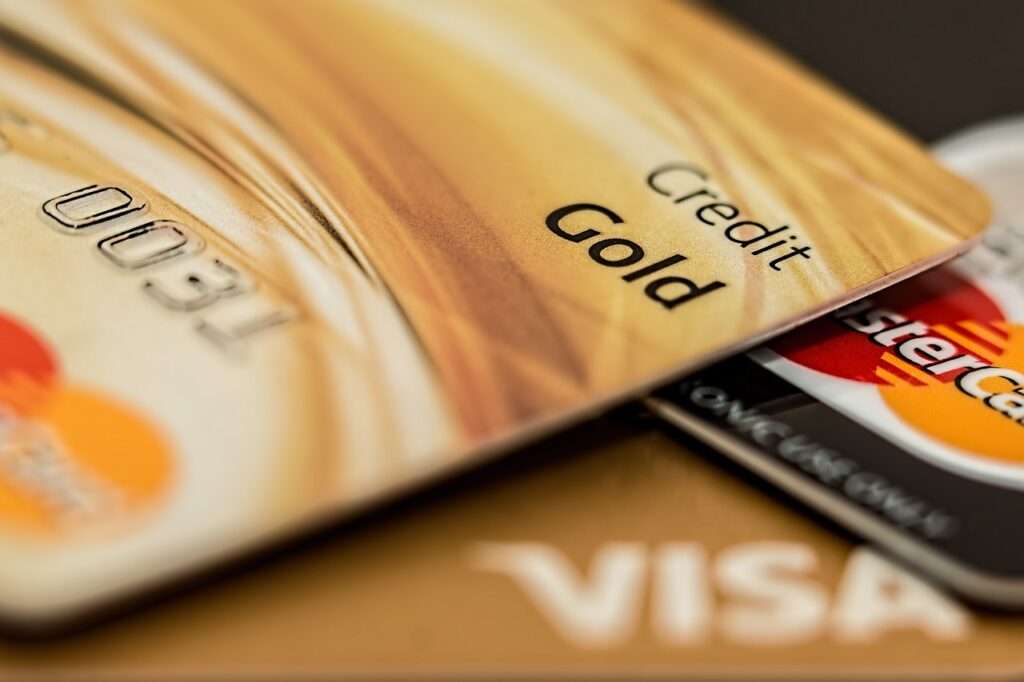Although dealing with credit card fraud can be stressful and inconvenient, remember that you are not responsible for unauthorized charges.
At the age of 26, Amy Adams experienced credit card fraud when her wallet was stolen from her purse while she was at work. Luckily, her bank promptly alerted her about the suspicious activity through text messages before she even realized her wallet was missing. While resolving the fraudulent transactions on her debit card proved to be challenging and time-consuming, dealing with the unauthorized charges on her credit card was much simpler.
Amy recounts that she only needed to make a quick phone call to her credit card issuer, informing them about the theft, filing a police report, and requesting to shut down the compromised account. The issuer promptly refunded her for all the fraudulent transactions.
If you find yourself facing questionable charges on your credit card, rest assured that the process of resolving the issue is likely to be straightforward. Follow these steps to handle the situation effectively.
Before taking any action, it’s essential to understand the protections available to you in case of credit card fraud. Take a moment to calm yourself and remember that you are generally not liable for unauthorized charges on your credit card. Federal law and credit card networks’ “zero liability” policies ensure that you won’t be held responsible for these charges, providing you report them promptly to your credit card issuer.
According to, a staff attorney for the National Consumer Law Center, your liability for unauthorized use is typically limited to $50 under credit card law. In some cases, the credit card issuers may even waive this $50 liability due to their zero liability policies. It’s important to note that while many debit cards also offer zero liability protection, the liability for cardholders under federal law can be higher in these cases.
Keep in mind that zero liability policies may not apply in instances of cardholder carelessness. For example, leaving your credit card out in a public place and someone taking it might be considered negligence. Nonetheless, even in such situations, you are still protected under credit card law, and your liability remains limited.
To effectively handle credit card fraud, the most crucial step is to promptly dispute the fraudulent charges. You can initiate this process by contacting the issuer’s customer service or filing a dispute online.
According to director of policy and advocacy at the Privacy Rights Clearinghouse, disputing unauthorized charges is typically a straightforward process. Once you report the fraud to your issuer, they will conduct an investigation, and during this period, you are generally not required to pay for the disputed transaction.
However, it’s essential to take action promptly to avoid any complications. Although your liability for fraudulent charges is limited by law, waiting too long to report the fraud may put your eligibility for zero liability protection at risk. Additionally, delaying the dispute process may result in more suspicious charges accumulating on your account.
To ensure that your dispute is officially recorded, request confirmation that you have filed a dispute. Be prepared for the possibility that resolving the matter may require more than one call or communication with the issuer. Stay persistent in seeking a resolution until the issue is fully addressed.
Once your credit card has been affected by fraud, the issuer will typically cancel the compromised card and issue a new one with a different number associated with the same account. Don’t worry, this change won’t impact the age of the account or negatively affect your credit scores. However, you will need to activate the new card and update card information for any recurring payments, which can be a bit of a hassle.
While there’s no foolproof way to protect your new card from potential fraudulent charges, a few proactive steps can help minimize the risk:
- Be vigilant about your wallet’s whereabouts to prevent any unauthorized access to your physical card.
- Set up text or other alerts to receive notifications about card activity, which can help you monitor transactions in real-time.
- Consider designating a separate card specifically for recurring payments to limit exposure if that card is compromised.
- Prioritize strong password practices, avoiding common and easily guessable passwords.
- Regularly monitor your credit card accounts to identify any suspicious activity early.
While it may not always be possible to prevent credit card fraud, reporting any fraudulent charges promptly will aid in resolving the issue swiftly and minimizing potential damages.



